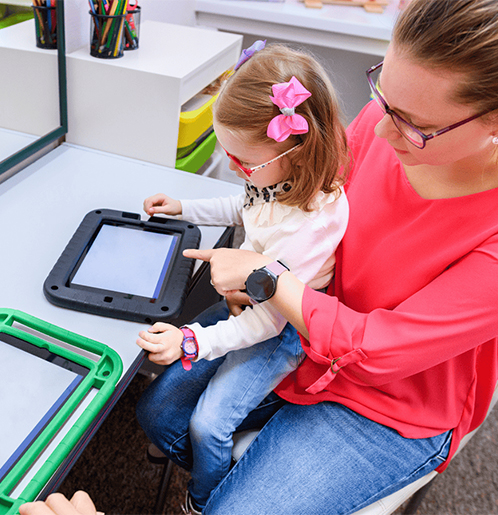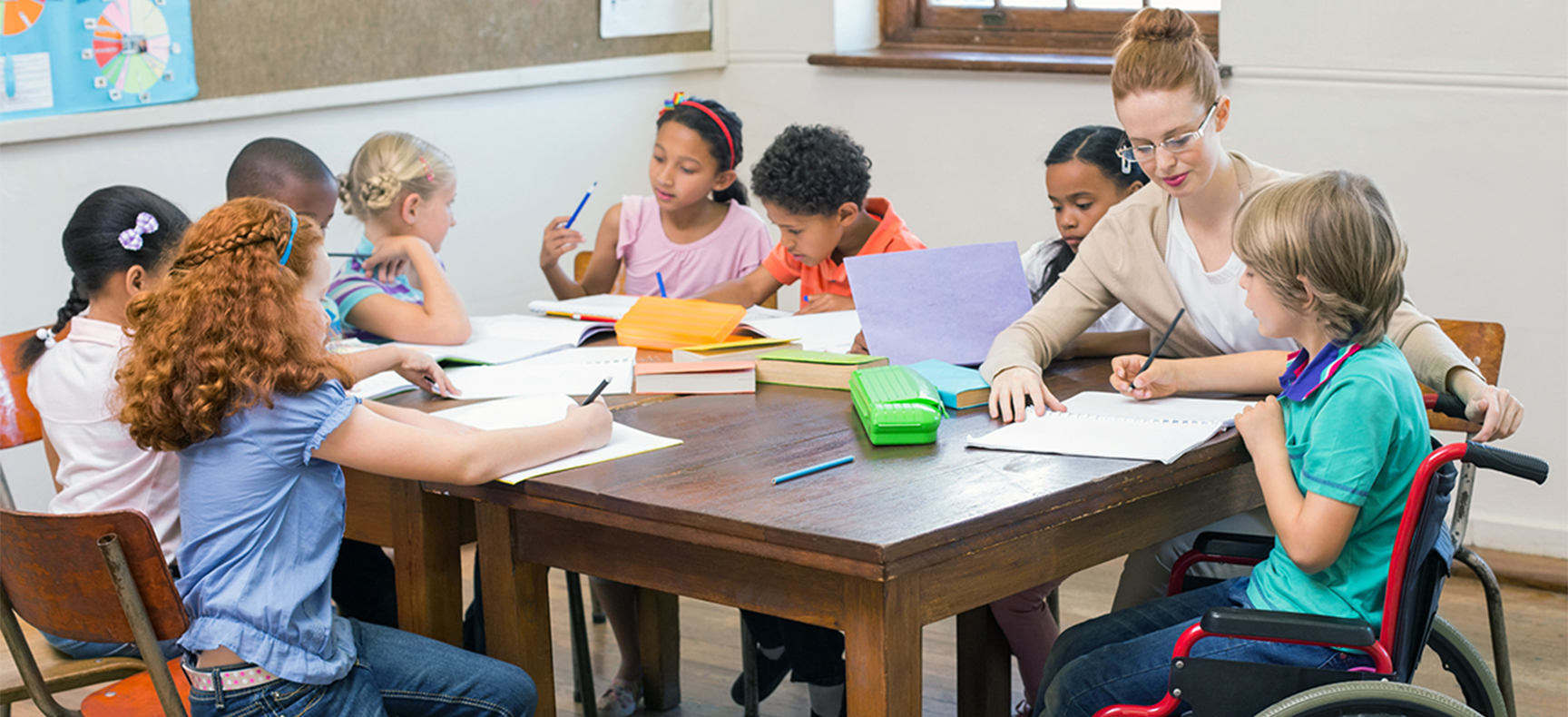What Inclusive Learning Really Is?
Inclusive learning is more than accessibility. It’s about creating an inclusive education classroom where students of all backgrounds, abilities, and identities feel empowered to learn, participate, and thrive.
It’s a shift from asking students to fit into rigid systems to redesigning systems that adapt to diverse learners. From differentiated instruction to culturally relevant teaching strategies, inclusive learning embraces the idea that every student deserves an equitable opportunity to succeed—academically, socially, and emotionally.
This isn’t just about policy. It’s about daily practices that promote belonging in schools and help all learners feel safe, respected, and challenged in the right ways, and why events like the education innovation summit play a vital role in advancing these conversations.

Why Inclusion Is A Priority Right Now
Across the world, classrooms are becoming more diverse. With that diversity comes a greater responsibility to meet a wider range of needs—linguistic, neurodiverse, cultural, physical, and emotional.
Many education systems are still designed with a one-size-fits-all mindset. Inclusive learning challenges that. It promotes flexibility, empathy, and respect in every layer of teaching and school design.
More than ever, educators and school leaders are realizing that when students experience belonging in schools, their academic and social outcomes improve dramatically. And when schools implement culturally relevant teaching strategies, students feel reflected and connected in what they learn.
This theme at our education conference focuses on rethinking teaching and learning through the lens of inclusion—not as an extra feature, but as a foundation.
Tools And Ideas To Explore Ahead Of The Event
Before diving into the inclusive learning sessions at our education conference, these resources offer helpful context and inspiration:
Books
This collection of insightful titles is ideal for anyone preparing to engage in meaningful conversations about inclusive learning at our education summit.
- “Deep Learning Revolution” — Terrence J. Sejnowski
This book examines how AI is impacting multiple domains, including education, by tracing the history and breakthroughs of deep learning. It offers insights into the technology’s transformative potential and its far-reaching implications for teaching, learning, and society at large. - “The AI Classroom” — Daniel Fitzpatrick, Amanda Fox, Brad Weinstein
A practical guide to using artificial intelligence tools in modern classrooms, filled with strategies, examples, and activities that educators can implement immediately. It highlights how AI can support creativity, personalization, and efficiency in education. - “How Humans Learn” — Joshua R. Eyler
An evidence-based look at the science of learning, drawing from psychology, neuroscience, and educational research. It provides practical advice on creating inclusive, student-centered classrooms that foster curiosity, critical thinking, and deeper engagement.
Watch & Listen
Explore a curated selection of talks and discussions that bring thought leaders, educators, and innovators together, much like what you might experience at our education summit. These resources provide valuable perspectives on creativity, AI integration, and policy shaping in education.
- Sir Ken Robinson’s TED Talk: “Do Schools Kill Creativity?”
A foundational conversation about rethinking learning systems and the urgent need to nurture divergent thinking in classrooms. Robinson challenges traditional schooling structures, urging educators to reimagine how talent and intelligence are recognized. - “AI And The Future Of Education” – Edsurge Podcast
A weekly podcast featuring individual episodes that explore how AI is transforming teaching and learning, covering everything from AI literacy in schools to ethical challenges and classroom innovation - UNESCO’s Webinar Series On AI In Education — Joshua R. Eyler
A global, policy-focused dialogue where experts discuss ethical guidelines, data privacy, and strategies for equitable AI deployment in schools. The series highlights diverse international case studies and emphasizes cross-border cooperation in shaping the future of education.
Try
Experiment with innovative tools ahead of our education conference to better understand how technology can enhance teaching, learning, and classroom management. These resources can help you engage students, streamline tasks, and explore new ways to deliver content.
- Read&Write by Texthelp
A literacy tool that supports diverse learners in accessing and understanding digital content. - QuillBot Or ScribeSense
Tools that generate quizzes and assess student responses using AI. - Otter.ai Or Notion AI
Tools that help educators summarize, transcribe, and plan more efficiently. - ChatGPT Or Claude
Use these tools to explore AI-assisted brainstorming or content generation for classroom
Got Questions On Inclusive Learning?
Q1. Is inclusive learning just about students with disabilities?
No. Inclusive learning supports all kinds of diversity—ability, language, culture, identity, and more. It’s about designing systems that work for everyone, a topic often explored in depth at an education conference.
Q2. Can I start making changes without a full school-wide shift?
Absolutely. Many inclusive practices can begin at the classroom level. A single teacher’s approach can reshape how students experience learning, as discussed in various education summits.
Q3. What does culturally relevant teaching look like day-to-day?
It can be as simple as referencing students’ communities in examples or adjusting texts and content to reflect multiple perspectives.
Q4. How do I help students feel they belong in school?
Relationship-building, inclusive language, restorative discipline practices, and affirming representation are all ways to create belonging in schools, a recurring theme at many education conferences.
Q5. Is there support for teachers learning these practices?
Yes. This theme highlights mentors, frameworks, and communities that support teachers in building and sustaining inclusive education classrooms, resources often shared through education summits.
Share Your Voice On Inclusive Learning
If you’re championing inclusive practices in your classroom, school, or organization, we’d love to hear from you!
Get In Touch


